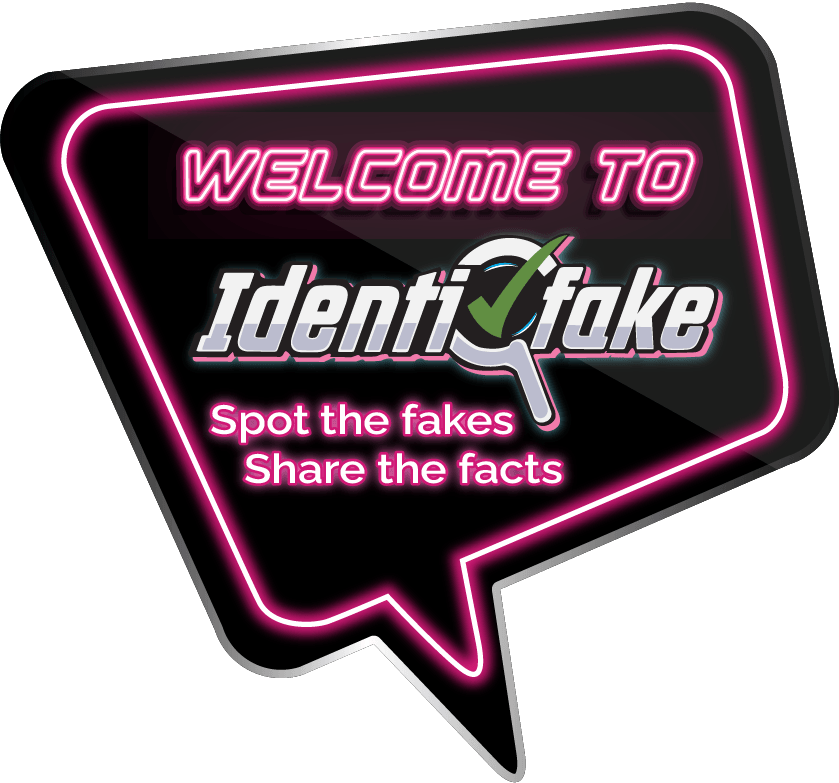
Discover how to spot the fakes and only share the facts!
Begin your adventure...

Rate your fact-checking skills!
Your score qualifies you as Beginner Fact-Checker or Expert!
Test yourself nowWhat is Disformation
Types of Disformation
7 types of manipulated information

#DOYOUKNOW 1
Example of false connection
This Tiktok video shows an election rally in Malaysia in October 2022. MalaysiaKini and FaqCheckLab were able to prove it was actually a rally in Taiwan in 2019.

Satire or parody
The use of humor or irony to ridicule may lose its context as parody through re-sharing.

Misleading Content
Misleading use of information, for example by presenting comment as fact.

Imposter Content
False or misleading content that uses well-known logos from established figures or journalists.

Fabricated Content
New content that is 100% false,
made to deceive and do harm.

False Context
When genuine content is shared with false contextual information.

Manipulated Content
When genuine information or imagery is manipulated to deceive.

False Connection
When headlines, visuals, or captions don’t support the content.
Who Spreads Disformation
Propaganda
The use of humor or irony to ridicule may lose its context as parody through re-sharing.
Fabricated News Stories
Fabricated news stories aim to look like real news, often using sensational content to evoke emotional reactions.
Rumors
Rumors tap into people’s fears and anxieties, are difficult to verify, and can quickly spread through social media and by word of mouth.
Confirmation Bias
Confirmation bias can lead people to spread misinformation by accepting and sharing information that aligns with their beliefs, regardless of its accuracy.
Echo Chambers
Echo chambers result from social media algorithms that prioritize content based on your interests, limiting exposure to alternative viewpoints.
Who is spreading misinformation?

Bad Intention
Good Intention


Bad Intention
Good Intention


Bad Intention
Good Intention

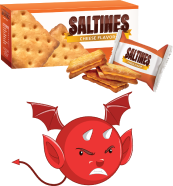
Bad Intention
Good Intention

What Can You Do
Fact-checking Skills
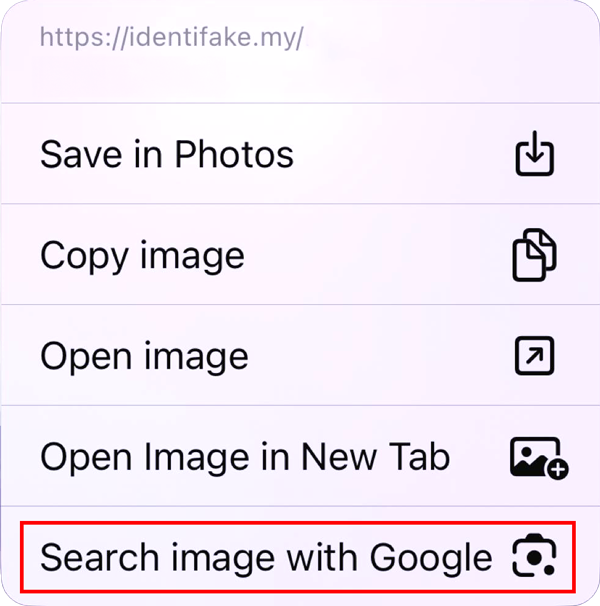
Let's Play A Game!
Reverse image search or use your eyes to find clues from the 4 pictures below! If you are on the Chrome browser, long press the image and select “Search Image with Google“. Alternatively, Save the image and use the Google App‘s Image Search ![]() . Take the quiz whenever you are ready!
. Take the quiz whenever you are ready!
What other tools can you use?
Consult Multiple Sources
- When you find new info, search to find more sources to confirm.
- Look for reliable sources from trusted organizations.
- Check the author, publisher, and date.
- Compare different sources to find opposing viewpoints.
- Consult more sources until you’re confident in your information.
Credibility
- Find out who’s behind the information – the author, publisher, or website.
- Check if the source is reliable by looking at the author’s expertise, publisher’s reputation, and publication date. Don’t forget to watch out for biases or conflicts of interest!
- Reliable sources provide evidence or citations to back up their claims. Compare with other trusted sources to see if everyone agrees or if there are different opinions.
Search Engines
- Go to a search engine like Google and use special characters to filter your search. Try “quotation marks” for an exact phrase, minus sign to exclude words, or site: to search within a specific website.
- Check the search results for reliable sources. For example, if someone says vinegar cures cancer, explore trustworthy medical sites to find the truth.
- Refine your search until you’re confident in your understanding.
Who can help?
Hone your skills with these learning websites!
Content Consumer / Creators
Platforms
Discover how social media platforms fight misinformation online!
Do Something
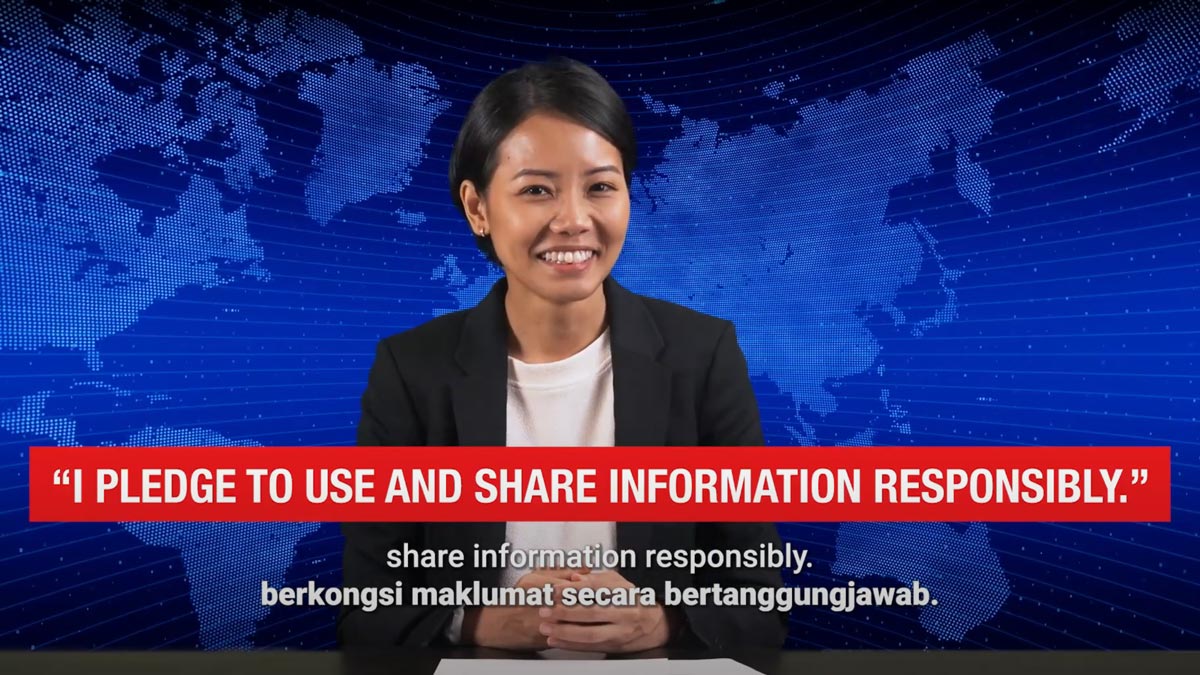
Take the Identifake pledge!
Take a pledge with us, and commit to countering disinformation, together!
Pledges 3
I pledge to use and share information responsibly.

Want to learn More?
Here are some other opportunities for you to further your studies in relevant courses such as journalism!
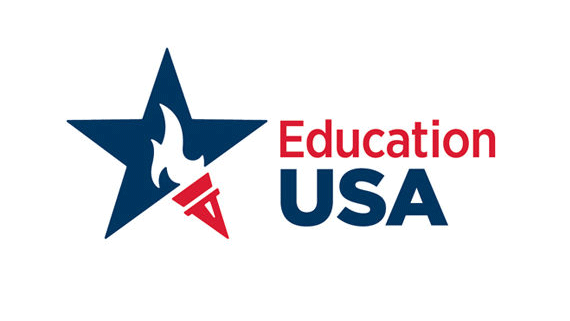
EducationUSA (EdUSA)
EdUSA provides free consultation and presentation on matters related to tertiary education in the U.S., such as courses, visa, and living arrangement. There are two EdUSA centres in Malaysia – one in American Tech Corner Penang, and another in American Youth Corner Kuala Lumpur.
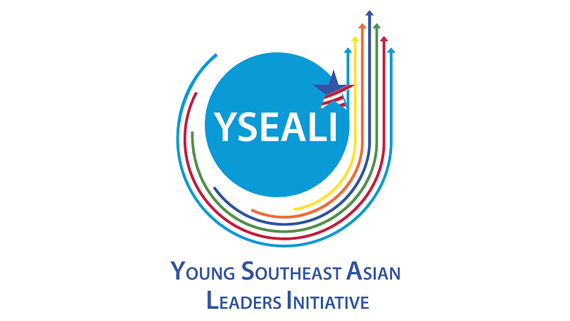
Young Southeast Asian Leadership Initiative (YSEALI)
For 18-35 years old youths, the YSEALI Academic and Professional Fellows Exchanges spend five weeks in the U.S. learning best practices from experts.
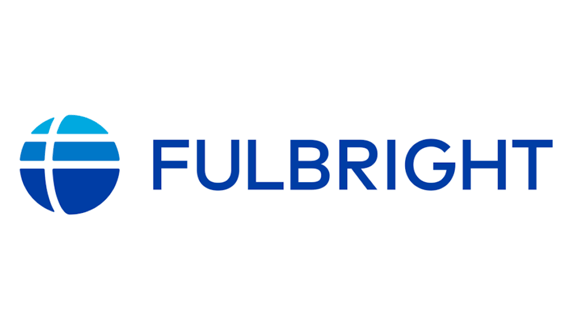
The Fulbright Program
Fulbright supports academic pursuits in the U.S.: undergraduate and graduate studies, fellowship, scholar and exchange programs, as well as teaching assistant programs for Malaysian teachers.
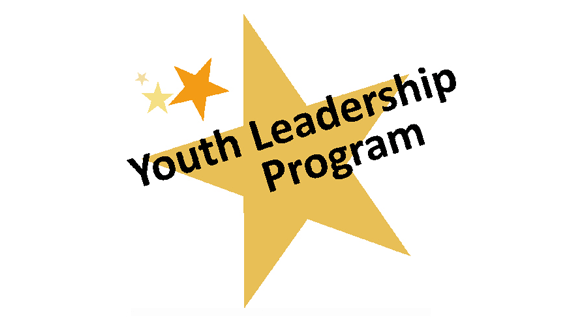
Southeast Asia Youth Leadership Program (SEAYLP)
SEAYLP is a three-week U.S. exchange program for secondary students ages 15-17 years, focused on leadership and youth development and includes workshops, interactive sessions, simulations, leadership training, volunteer activities, and team-building exercises. After returning home, participants are required to implement follow-on projects in their home communities
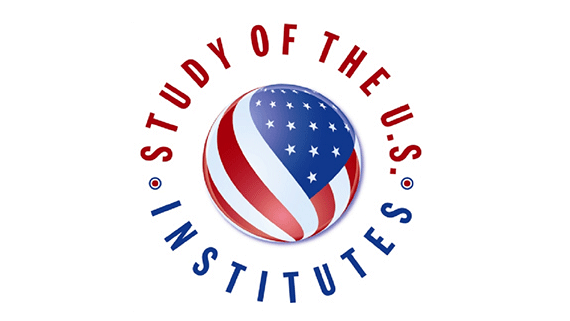
Study of the U.S. Institutes (SUSI)
SUSI for Scholars and Secondary Educators offers 5-6 weeks intensive post-graduate level academic experiences for mid-career scholars, faculty, practitioners and secondary educators whose purpose is to strengthen curricula and to improve the teaching about the United States in their academic institutions.

The American Corner
American Corners (also known as American Spaces) acts as a venue for local communities to get info about the U.S., as well as a platform for youth to develop skills in English language, STEM, and other subjects. Malaysia has American Corners in Penang, Kedah, Kelantan, Kuala Lumpur, Sabah, and Sarawak.



















